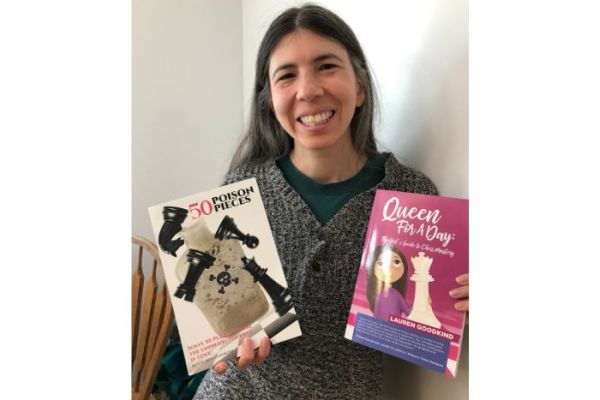

I've been playing chess since I was eight years old. I started playing in United States Chess Federation tournaments when I was 15 years old, and I've been hooked ever since. I love the challenge of the game, and I find that it helps me to improve my cognitive skills, memory, and creativity.
Here are some of the benefits that I've personally experienced from playing chess:
Improved cognitive skills:
Chess requires you to think strategically, plan ahead, and make quick decisions. These are all important cognitive skills that can be beneficial in other areas of your life, such as school, work, and problem-solving. In my life, chess taught me that it's better to have a plan in life than no plan at all. Each move on the chess board must have a purpose. The actions and choices that you make in life should have a purpose, contributing to a goal(s) of yours.
Improved memory:
When you're playing chess, you have to remember the different pieces, their movements, and the different strategies that you can use. This can help improve your short-term and long-term memory.
Increased creativity:
When you're playing chess, you have to come up with new and innovative ways to defeat your opponent. This can help you think outside the box and come up with creative solutions to problems in other areas of your life.
Reduced stress and anxiety:
Chess can be a great way to relax and de-stress. The concentration and focus required to play chess can help to take your mind off of your worries and problems. I enjoy playing chess.
Improved self-esteem and confidence:
When you win a chess game, it can give you a sense of accomplishment and boost your self-esteem. This can be helpful in other areas of your life, such as school, work, and relationships.
If you're looking for a game that is challenging, rewarding, and beneficial, then I highly recommend giving chess a try. It's a game that can be enjoyed by people of all ages and skill levels, and it has the potential to improve your cognitive skills, memory, creativity, and more.
Here are some additional tips for getting started with chess:
Find a good chess teacher or mentor who can help you learn the basics of the game. Contact me to help you get started in chess!
Practice regularly. The more you play, the better you'll become.
Don't be afraid to lose. Everyone loses at chess sometimes. The important thing is to learn from your mistakes and keep trying.
Have fun! Chess is a great game that can be enjoyed by people of all ages. So relax, have fun, and enjoy the challenge.